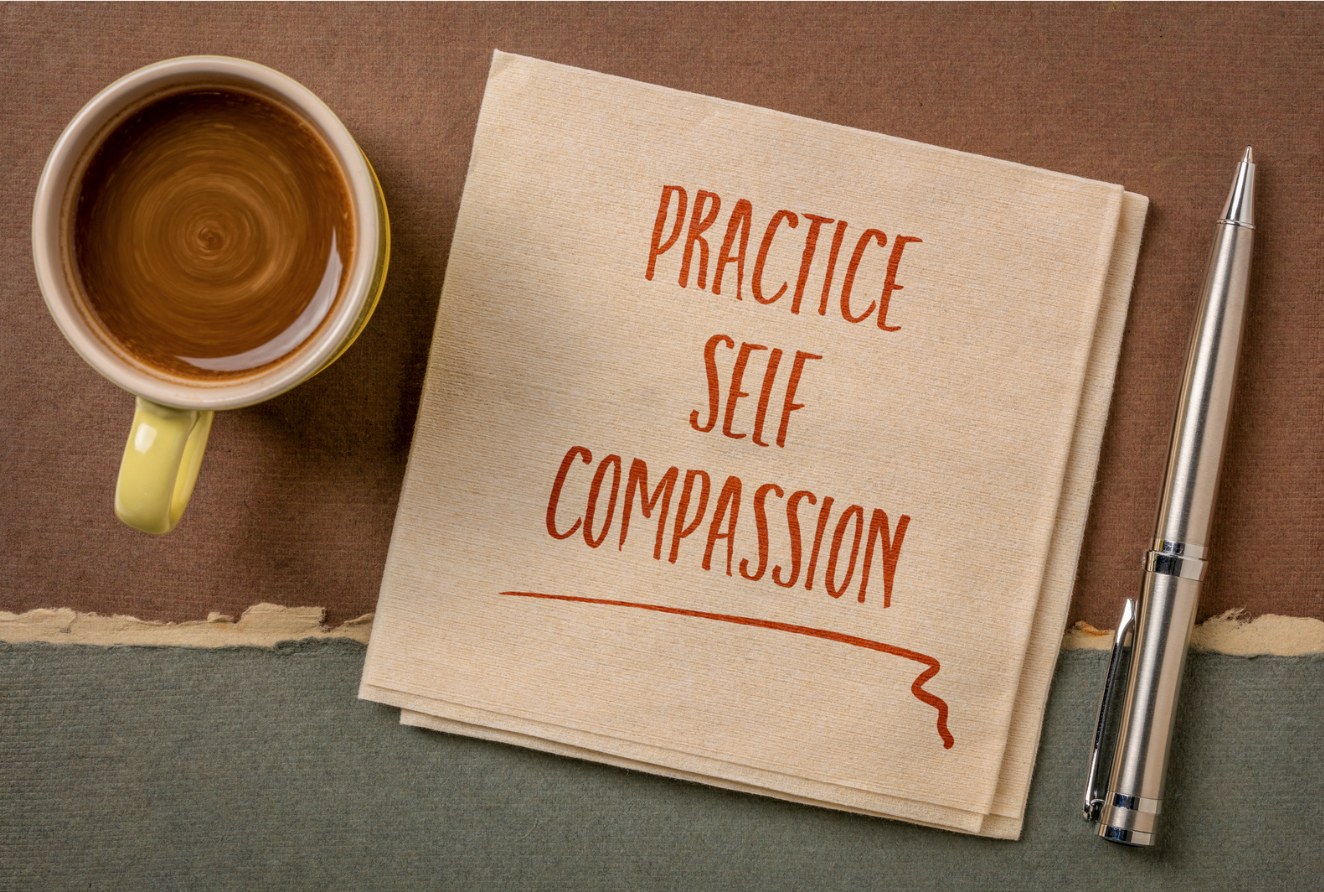
In today’s busy world, we often feel burdened by self-judgment and the need to live up to impossible standards. To combat these negative feelings, we can practice self–compassion. Self–compassion is a kind and caring way of thinking that can improve our mental and physical health. Self–compassion means being kind, understanding, and accepting towards ourselves, especially when we are going through tough times. It involves treating ourselves with the same care and support that we would offer to a loved one who is facing challenges. It normalizes the importance of self-acceptance and self-awareness in our personal growth and healing process.
It’s important to understand the three essential elements at the core of self–compassion, as proposed by psychologist Dr. Kristin Neff:
Self-Kindness
Self–compassion begins with cultivating a kind and nurturing attitude toward ourselves. It involves responding to our own pain or suffering with tenderness, understanding, and patience. Instead of berating ourselves up for our mistakes or shortcomings, we offer ourselves gentle encouragement and support, embracing a mindset of self-soothing.
Common Humanity
Recognizing our shared human experience is another part of self–compassion. We understand everyone faces difficulties, makes mistakes, and experiences pain. By understanding that suffering is a part of the human condition, we connect with a sense of common humanity. We are not alone or unique in our struggles. This perspective reduces isolation and fosters empathy.
Mindfulness
Mindfulness serves as the foundation for self–compassion. It’s normal for a person to have about 60,000 thoughts in a day. However, it’s important to learn how to let go of the more challenging thoughts to minimize stress. It involves being present and non-judgmental in our experiences, and acknowledging our thoughts, emotions, and sensations with an attitude of curiosity and acceptance. By practicing mindfulness, we can better listen to our thoughts, acknowledge our pain, and respond to ourselves in a kind and understanding manner.
If you find these concepts difficult to embrace, consider journaling on each topic or sharing this article with your therapist for further processing. If you are open to adopting these concepts, consider how you might build these concepts into your daily practice of life.
Amanda Cramer, LICSW, MPH, is an integrative therapist at Omaha Integrative Care. She loves the beach and spending time with her husband, two kiddos, and two pups.

Connect With Us